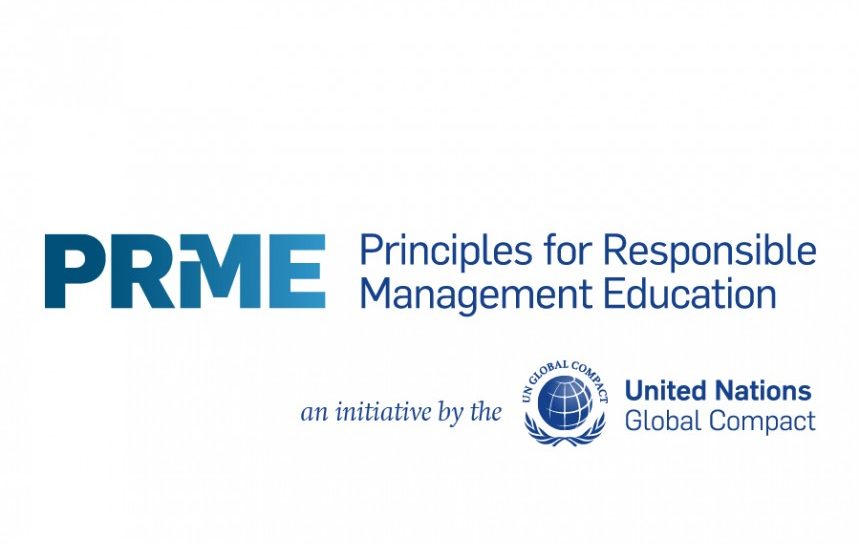
Project background: The Shared Vocabularies project emerged from conversations with corporate practitioners at the UN Global Forum in 2016 about the multiplicity of terms associated with values-driven business (e.g.: ethics, integrity, responsibility, sustainability). The Shared Vocabularies project addresses the problem that diverse vocabularies are used to label business functions responsible for values-driven business (e.g.: ethics, integrity, responsibility, sustainability), resulting in confusion over their meaning and scope. The project seeks to examine how and why differing vocabularies are being used across contexts, and provide insight on how different functions and roles are implemented and integrated within organisations. The research will help build understanding and inform future decision making on defining and managing values-driven functions. The project is led by Professor Mollie Painter-Morland and the RSB Lab (Responsible and Sustainable Business Lab) at NTU, and Professor Sally Hibbert at the University of Nottingham, on behalf of PRME (Principles for Responsible Management Education) affiliated Business Schools.
Project updates February to July 2017:
Over the last 6 months we have begun collating empirical data based upon interviews with senior CSR/Sustainability managers. This has involved a collaboration with nine PRME partner universities in the UK; Brazil; India; Austria; China; Malaysia and Slovenia.
We are in the process of developing some of this data into teaching cases for use in PRME schools. A sample teaching case was reviewed in a workshop at PRME UK (Northumbria University, Newcastle) with useful feedback received. A project update was also presented at the PRME Champions meeting at the Global Forum in New York in July 2017.
In the autumn, we will be coordinating the quantitative data collection phase, again in collaboration with as many PRME affiliated Business Schools as possible. If you have any questions about the Sharing Vocabularies project, or would be interested in getting involved, please contact Dr. Jo-Anna Russon, joanna.russon@ntu.ac.uk